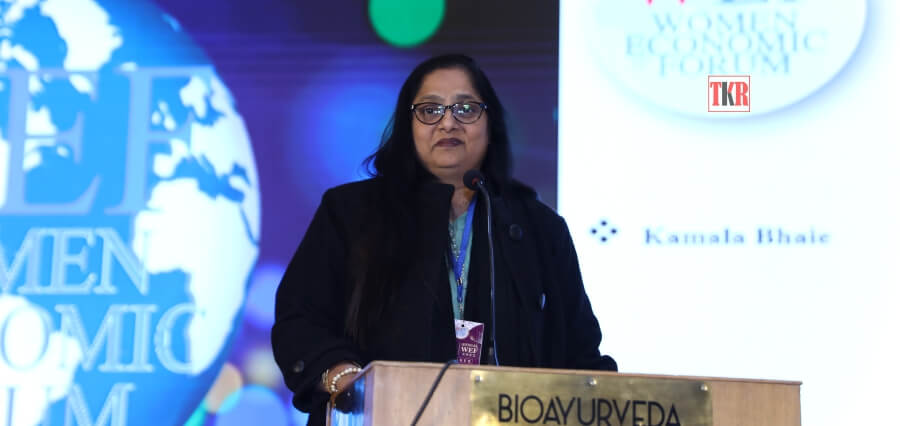Online Education got firm roots in India during the pandemic times, before that it was not into existence, only some Institutes provided Distance Learning Courses for working Professionals. Nobody gave that much importance or to be more precise weightage to distance learning, so online education was nowhere in discussion.
Then came the revolution where everyone was asked to switch gears from physical to virtual pattern. During the 18 to 20 months of pandemic the schools had closed down physically due to safety measures. The schools decided to operate virtual classes and impart knowledge which would save children from having a gap year. Now when there was no choice but to conduct online classes the Online Education mode made its roots strong and gave a new normal.
It took some time to adapt and become tech-savvy. As we all know, every coin has two sides in the same way. Online education also had its own positive and negative impact. It also gave new dimensions to the learning patterns. It helped the teachers and students to explore new ways of collaborative learning.
Children who found lessons boring and were always late in submitting their work enjoyed the online mode of teaching as it involved them in making presentations, presenting and sharing their thoughts. The students who were shy to voice out in physical mode in presence of so many children and teachers found it very comfortable to express on the virtual platform.
Children got a platform to explore their abilities, skills and inner potential. In the initial days the teachers found it very tough and complicated because they were so used to the traditional way of teaching from the textbook and writing on blackboards or marker boards and had never brought technology to this extensive use. Also, many of them were not so equipped with smart tools but they adapted to it. The teachers and educators also got a global platform to exchange their knowledge and learnings through webinars, workshops and seminars. Their efforts were appreciated and dedication to learn something new was awarded with Certificate.
The children who were restricted to follow textual knowledge and learn from a textbook got liberty to research on topics, follow educational videos and make their own notes. It fascinated children as they could learn the chapters through animated videos, flowcharts, graphic presentations, etc. This helped them to understand the concept in a much better way. On the other hand, some children took things very easy and got so addicted to online mode of studies and exams that they till date are reluctant to get back to physical mode. Some children got diverted from their goal because they used the gadgets to become more active on social media and OTT platforms, play online games. They spent more screen time without doing anything constructive.
There were a few drawbacks also like no social connect with teachers and peers. No timetable or routine followed. As it was online mode most of them attended classes jumping out of bed. No dress code, no discipline followed. Switch on and off video as per their convenience. Children got lazy to write down notes and submit their assignments on time. Children even took assessments very lightly; they would copy-paste answers or browse for answers and appear for assessments. Apart from all this, there were some genuine fall backs for children like nobody at home to help them in studies as the family lacked educational background, some of them could not afford smart gadgets and some faced internet glitches.
All said and done, the concluding line is nothing comes with ease you have to toil for it. It is we who need to understand how much we need to adapt and absorb. We need to draw a line for ourselves and make ourselves aware of the fact that anything in excess is injurious to health and the same thought process needs to be followed for any adaptation.









